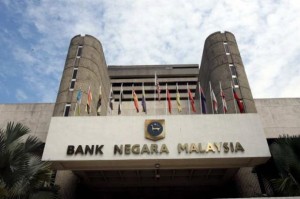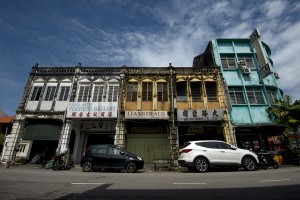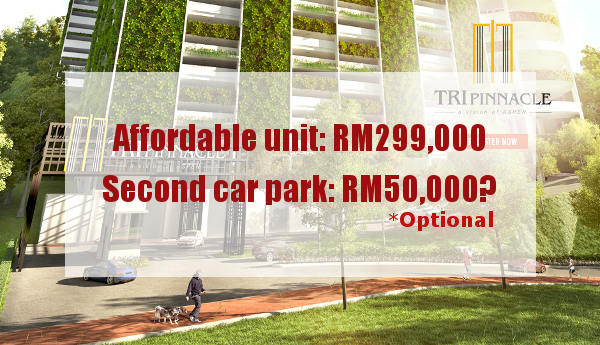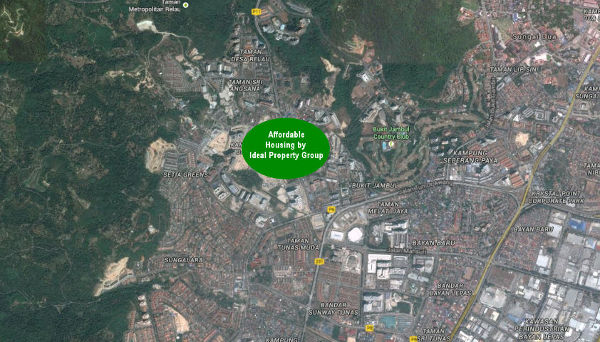Bank Negara sees lower inflation, maintains OPR
 Bank Negara Malaysia (BNM) forecasts inflation for 2015 to be lower than earlier anticipated due to due to the lower energy and commodity prices.
Bank Negara Malaysia (BNM) forecasts inflation for 2015 to be lower than earlier anticipated due to due to the lower energy and commodity prices.
In a statement released on Wednesday, the central bank said at the Monetary Policy Committee (MPC) meeting, it was decided that the overnight policy rate (OPR) would be retained at 3.25%.
“At the current level, the stance of monetary policy remains accommodative and is assessed to be appropriate given the developments in monetary and financial conditions,” it said.
BNM said the MPC will continue to carefully assess the external developments and their implications on the Malaysian economy.
“The MPC will also continue to monitor the risks of destabilising financial imbalances. This is to ensure that the monetary policy stance is consistent with the sustainability of the growth prospects of the Malaysian economy,” it said.
On the inflation outlook, it said the projected lower energy prices will partially offset other domestic cost factors.
“With the implementation of the managed float pricing mechanism for fuel, the outlook for headline inflation would be subjected to the volatility of oil prices. Nevertheless, the expectation is for underlying inflation to remain relatively stable, amid the more moderate demand conditions,” it said.
BNM said volatility in the international financial markets has increased amid shifts in global liquidity and heightened uncertainty particularly with regard to global growth prospects and the decline in commodity prices.
“While the Malaysian financial markets have been affected by these global developments, there has been no disruption to financial intermediation. There remains ample liquidity in the domestic financial system with continued orderly functioning of the financial markets.
“The banking institutions are operating with strong capital and liquidity buffers, and continue to provide financing to the economy,” it said.
As for Malaysia, BNM said the economic activity continues to be supported by growth in domestic demand amid a moderation in exports in the fourth quarter of 2014.
“Going forward, domestic demand will remain as the key driver of growth. While private consumption is expected to moderate, it will remain supported by the steady rise in income and employment, and the additional disposable income from the lower oil prices.
“Investment activity is projected to remain resilient, with broad-based capital spending by both the private and public sectors cushioning the lower oil and gas-related investment activity.
“While export growth will be affected by lower commodity prices, the performance of manufactured exports is expected to improve. The prospects are therefore for the Malaysian economy to still remain on a steady growth path,” said BNM.
Source: StarProperty.my




